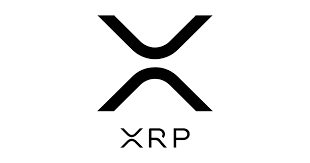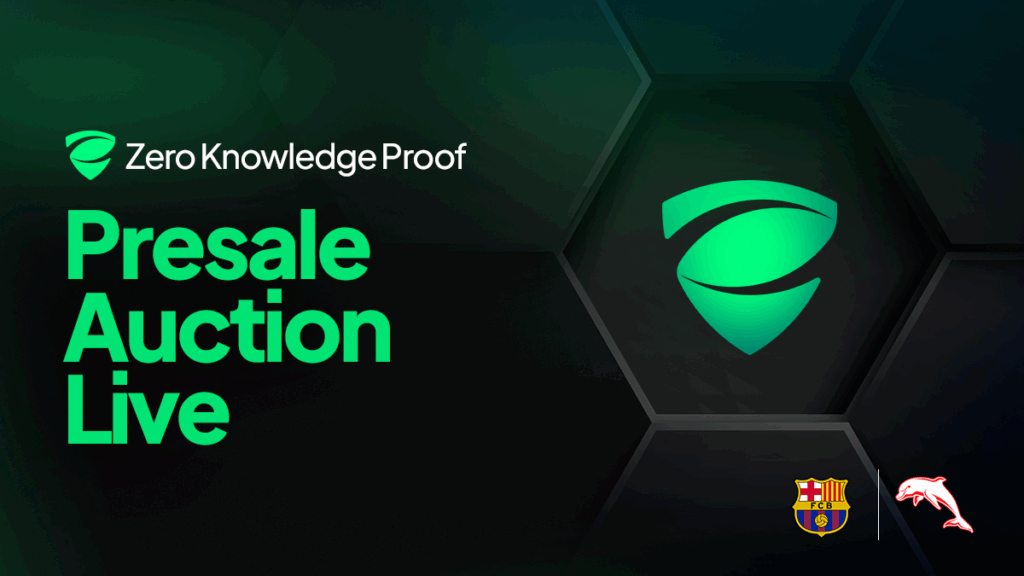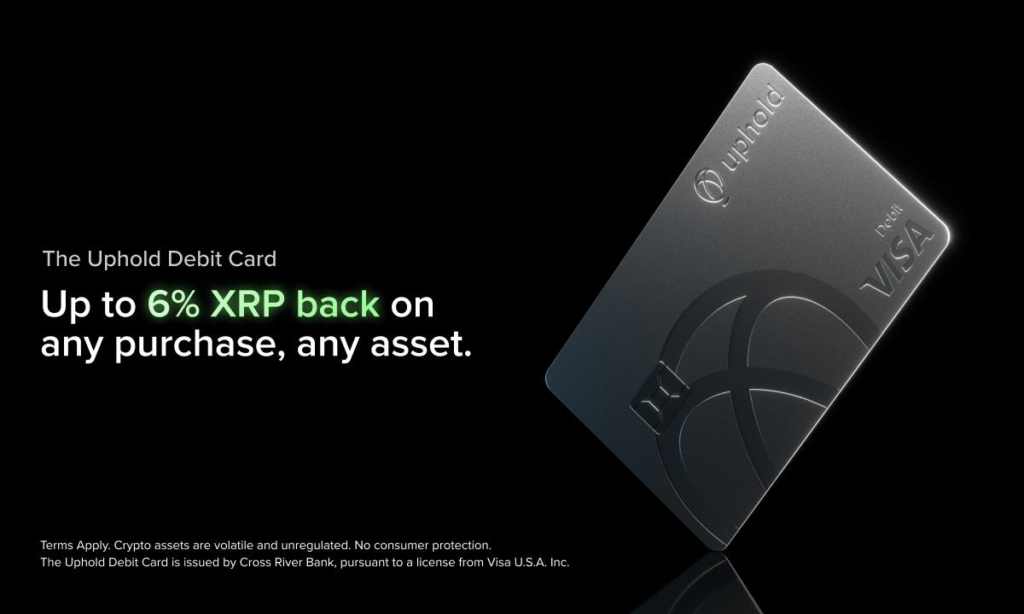Ripple Labs is taking a stand against the SEC by filing a Civil Appeal Pre-Argument Statement in their ongoing legal battle. This document, submitted on October 24, outlines the key points Ripple plans to argue in their appeal, which will be reviewed from scratch by the court.
The appeal focuses on four main issues. First, Ripple challenges the SEC’s definition of an “investment contract” as outlined in the Securities Act of 1933. They argue that for something to qualify as an investment contract, it must include a contract, obligations for the seller after the sale, and the buyer’s right to profit from the seller’s efforts.
Second, Ripple disputes the lower court’s interpretation of the Howey Test, a legal standard that determines what constitutes an investment contract. Ripple believes the court incorrectly categorized certain XRP transactions as investment contracts, particularly regarding the expectations of profit and the nature of the investment.
Third, Ripple revisits its “fair notice” defense, asserting that it was not adequately informed that its actions violated the Securities Act. They point out the ambiguity surrounding federal securities laws as they apply to digital assets, exacerbated by inconsistent statements from the SEC.
Lastly, Ripple criticizes the vague wording of the injunction against them, arguing that the broad directive to “obey the law” could negatively impact their business by leaving too much open to interpretation.
Attorney Jeremy Hogan, who supports Ripple, noted that challenging the definition of an investment contract could have significant implications for the cryptocurrency industry.
He pointed out that while this argument might not eliminate Ripple’s financial penalties, it could weaken the SEC’s enforcement tactics by highlighting the need for clear contractual terms in investment contracts.
Hogan also emphasized the importance of Ripple’s fair notice argument and the potential issues with the vague language of the injunction. Ripple’s Chief Legal Officer, Stuart Alderoty, clarified that the appeal is not about whether XRP is classified as a security, as both XRP and Bitcoin are not considered securities by the SEC.
Alderoty reassured investors that the appellate court will review the case based on existing records, without new evidence from the SEC. He urged stakeholders to see the SEC’s broader strategy as an attempt to create confusion for Ripple and the crypto sector, but he expressed confidence that Ripple is on solid ground and continues to grow despite the legal challenges.
In related news, the SEC has requested an extension for its principal brief until January 15, 2025.



